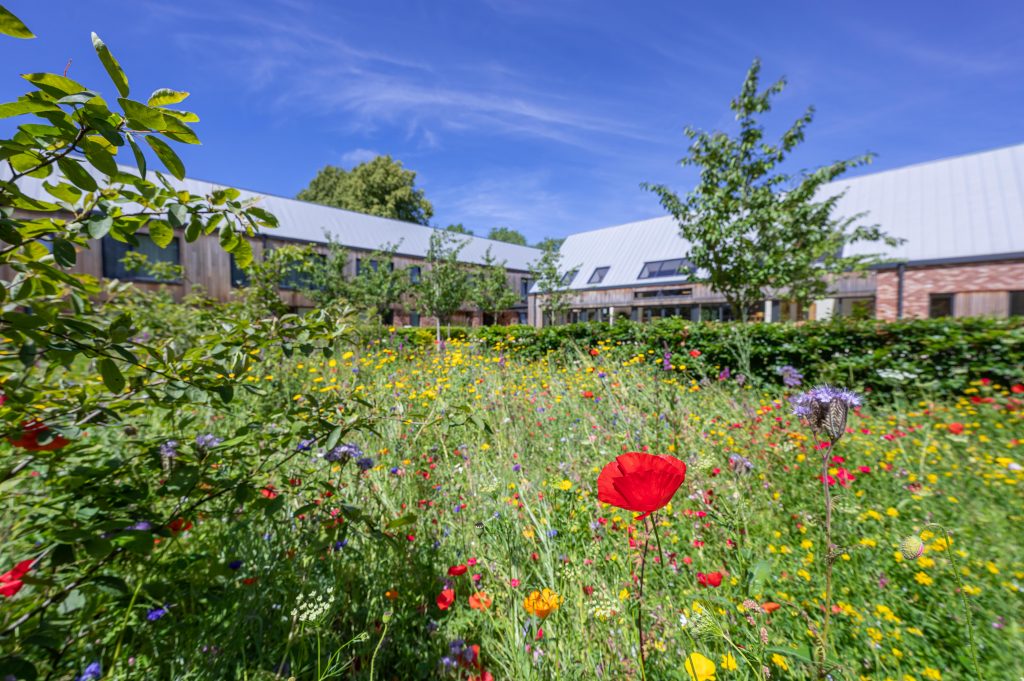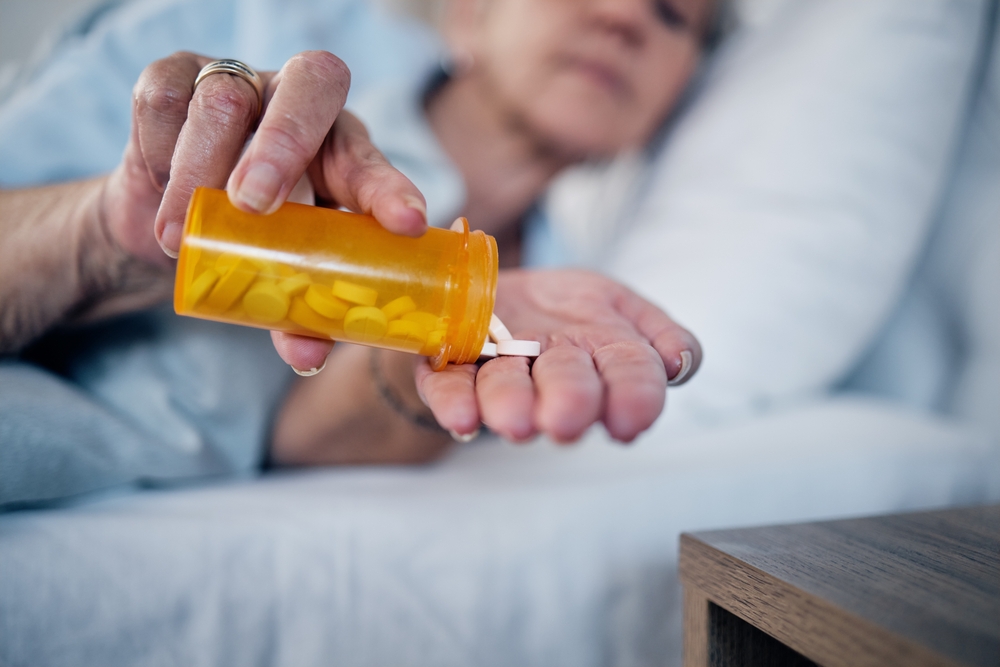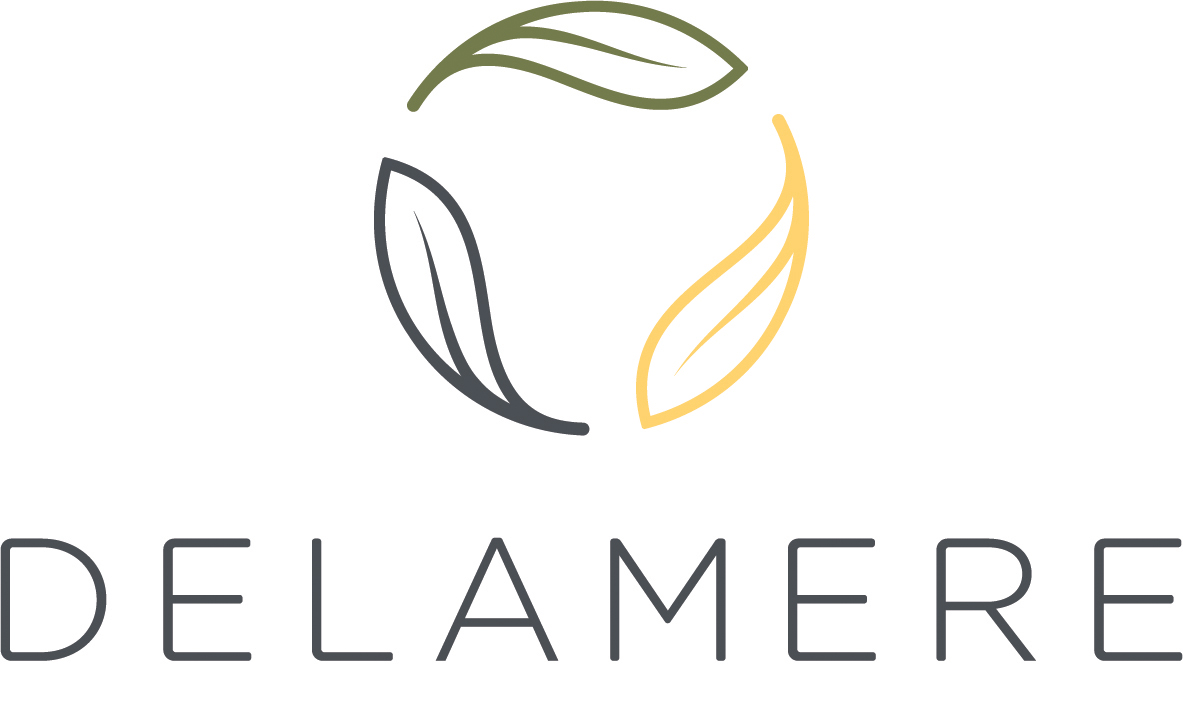What’s included?
- Introduction
- Digital addiction needs recognition
- What exactly is internet addiction and can it be treated?
- Recovery from digital addiction
Last week, BBC Breakfast invited Delamere to join presenters Nina Warhurst and Ben Thompson on the red sofa to raise awareness of internet addiction. You can see the video on the Delamere YouTube channel.
The story was a follow up to the digital addiction story the BBC ran which concerned itself with three case studies from those with lived experience of addiction to and recovery from internet addiction.
It also tracked the rise of Internet and Technology Addicts Anonymous (ITAA); a free mutual aid support group for those who are affected.
Digital addiction needs recognition
Internet addiction or Digital addiction is yet to be recognised by the World Health Organisation or the NHS, yet it’s becoming increasingly common and younger people are disproportionately affected by it.
Digital addiction includes addiction to social media apps, smartphones, streaming content, news, pornography and other online activity.
An emergent research area, it’s something that affects a lot of us, especially younger people. This week, The Guardian reported Ministers confirmed that schools will be supported in banning the use of phones amongst students. The study shows that the cognitions required to manage and moderate online behaviour aren’t fully developed until the age of 25. As such, it’s little wonder internet addiction especially affects those young in years. This isn’t however a condition that discriminates and it can affect any of us.
In October 2023, The University of Surrey unveiled a spectrum of internet addiction with alarming findings. It will come as no surprise that young people spend an average of 6 hours each day using smartphones and those over the age of 24, an average of 4.6 hours online. What is surprising, perhaps is the extent of the problem as far as addiction is concerned. The findings of the study which surveyed nearly 800 participants revealed that nearly
18% of respondents were ‘in-denial’ and as many as 22% openly acknowledged their internet addiction and the consequences of it.
A study from the University of Surrey
What exactly is internet addiction and can it be treated?
Like any addiction problem, internet addiction can be characterised by an excessive pre-occupation and use of the internet which makes ones life unmanageable. Despite the fact that, unlike a dependency on alcohol or substances, there is no physical dependency, use of the internet triggers dopamine, the feel-good chemical that is released by drinking alcohol or taking cocaine. An excessive release of dopamine can alter the brain’s function and the pleasure and reward centre can become structurally altered.

Addiction is the repetition of a behaviour despite negative consequences. Although yet to be classified by Health Authorities, internet addiction could be described as a compulsive brain disorder. It is a progressive condition which gets worse over time until intervention or treatment transpires.
As outlined during the interview, one of the challenges with internet addiction is that there is no ‘abstinence framework’. It is almost impossible to live in the world without using technology; it is how we book train tickets, pay our tax bill, and so on.
Let’s consider a person who has become dependent on alcohol or substances who is willing and motivated to seek help. Such a person we know well here at Delamere and many of us, myself included have been there ourselves. Assuming abstinence is the objective, removing alcohol and not drinking, often ‘one day at a time’ is very much what most effective recovery programmes entails. This is not the case with the internet, or food, or shopping, or exercise, for that matter.
Recovery from digital addiction
Recovery from digital addiction needs to be defined, often with professional, objective guidance by the person who has been affected by it. As advocated by ITAA, members create their own ‘bottom lines’; non-negotiable boundaries they don’t breach, as well as ‘middle lines’ which include online tasks they have to perform around which they need to be extremely vigilant, because they could be triggering.
Thank you to BBC for covering this important topic and for inviting us at Delamere to feature. You can watch the interview and within our website you’ll find more resources and support about Internet and digital addiction. If you or someone you love are struggling, please don’t hesitate to reach out for support.









